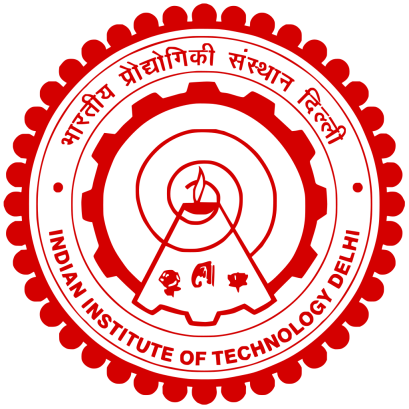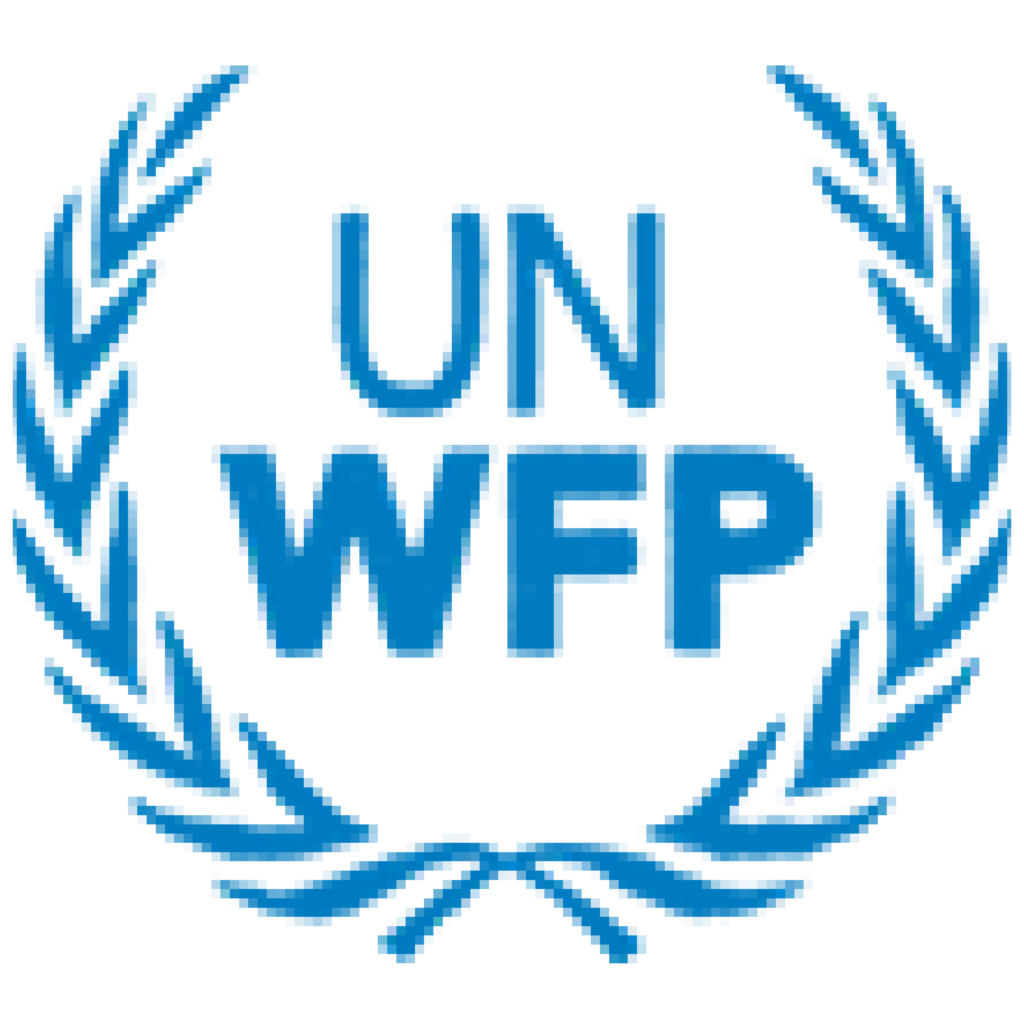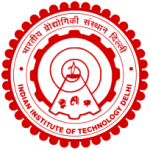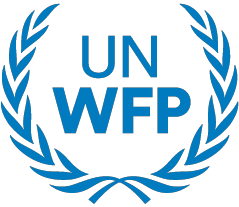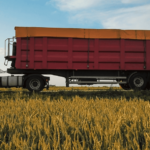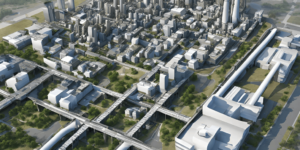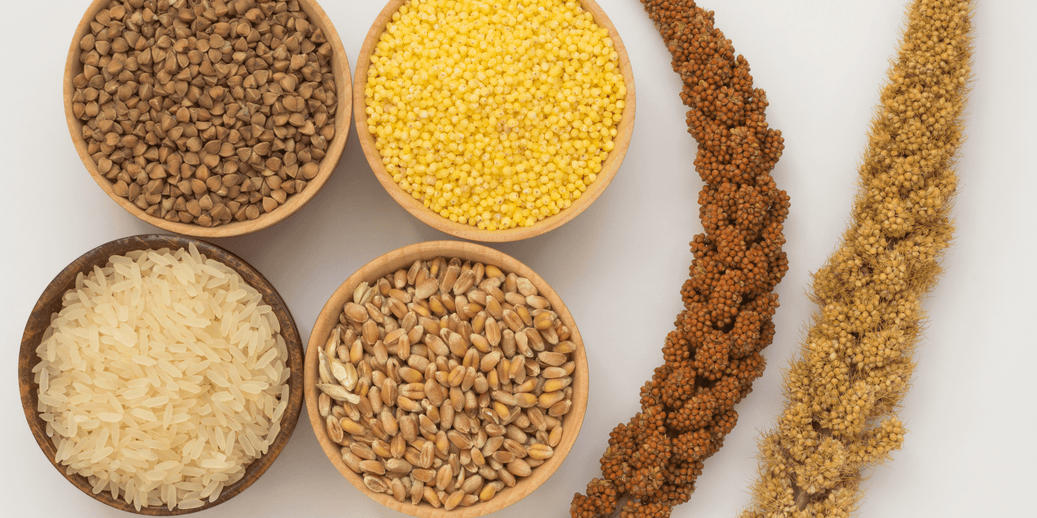
Building up on the ongoing research & development and responding to the global
needs around better health & environment and the context of the International
Year of Millets, the Public Systems Lab (PSL) at IIT Delhi has initiated the ‘PSL
Millets Programme’ with the objective of increasing demand and access,
improving supply chain, boosting awareness and supporting millet-based value
chains. Funds are being sought for the following:
Millet Subscription Model and pilot: Millet subscription will cater to the population segment that is interested in millets but needs better access to regularize consumption and concretize demand. Like other services in the digital economy, the core idea of this project is to develop a consumer portal for delivery of millet products and make the business sustainable through Operations Research based optimal pricing. Working stages of the project
includes:
- Development of Millet Access Platform (MAP): a user-friendly subscription portal
- Research-based model development to address user concerns & optimal pricing
- Pilot in limited geography such as IIT Delhi
Results of our ongoing research indicate a significant (50%+) willingness to subscribe. Ongoing work also includes designing targeted outreach and identifying farmer suppliers.
Nudge Study: The importance of PDS in pushing wheat and rice to alter the consumption pattern across the country is widely acknowledged. This part will design and study the impact of nudges for promoting millets among PDS consumers. Key work elements include:
- Study and analysis of the consumer perception amongst PDS customers about millets
- Introduction of nudges at selected Fair Price Shops
- Assessment of impact of nudges on millet purchasing behaviour in a nearby state
Further, in the short to medium run, we also envisage the PSL as a hub for conducting empirical research on the issues pertaining to public good and economic policy which are well aligned with global priorities as envisaged in the Sustainable Development Goals (SDGs), particularly SDG-2 (zero hunger, and better nutrition, since millets can grow in relatively infertile areas and at low scale for global as well as local communities), SDG-3 (good health & well-being, since millets have well established health benefits), SDG-11 (sustainable communities, since millets contribute to healthier soil), SDG-12 (responsible consumption & production, since millets use significantly lesser water than other grains), SDG-13 (climate action, since growing millets can fight climate issues) and SDG-17 (partnerships, since millets are traditional livelihood enhancers and the project approach incorporates partnerships between academia, entrepreneurs, farmers and consuming communities in rural as well as urban areas).

